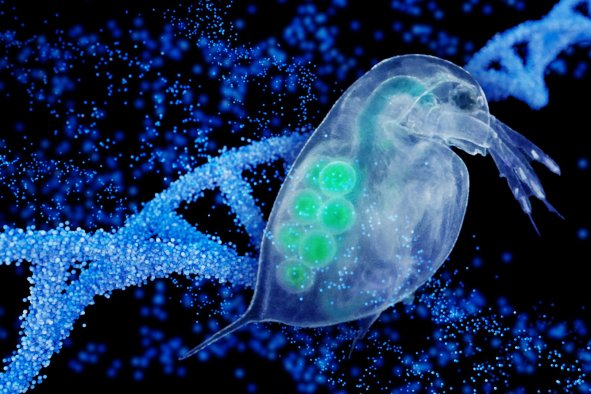Yale scientists have discovered a "Trojan horse" method for killing cancer, showing promise against a range of tumor types. By sneaking past the cancer's defenses, the mechanism is able to deliver anticancer therapy without damaging healthy tissue.
Cancer cells are very good at hiding from our immune systems and drug delivery systems, making it very difficult to target them without harming the surrounding healthy tissue. As a result, many existing cancer therapies come with a long list of side effects.
What's more, every cancer is unique, so it is very difficult to identify consistent cellular signals that can be used as a target for cancer therapy across different tumor types. But what if we could target a behavior that is unique to malignant cells?
If a tumor is growing really fast, it can be difficult to get enough blood vessels, meaning cells at the tumor's core struggle to get enough oxygen and nutrients. This can cause what is known as tumor necrosis, where the tumor essentially dies from the inside out.
Now, this might sound like a good thing—it is, after all killing cancer cells. However, recent research has shown that these masses of dying cells may actually promote cancer metastasis, where tumor cells break off and spread through the rest of the body.
One feature of these dying cell masses is the release of nucleic acids—the building blocks of DNA. Of course, for the living tumor cells, this expulsion of nucleic acids from the dying cells represent a bounty of crucial building materials to support their rapid growth. As a result, many of these nucleic acids are sucked back into the tumor.
Now, scientists from Yale have found a way to hitch a ride on these molecular building blocks and use them to deliver anti-cancer drugs directly into tumor cells.
"[The drug delivery system] seeks out the DNA exhaust floating around tumors, which means they can track down tumors even if the tumors are missing specific surface receptors and are invisible to other more conventional antibodies," James Hansen, senior author of the study, member of Yale Cancer Center, and radiation oncology chief of Yale's Gamma Knife Program, said in a statement.
Because these molecules are targeted toward cancer activity rather than specific surface molecules, they can be used to treat a wide range of cancers. "By targeting extracellular nucleic acids instead of surface receptors, [our drug delivery system] can basically target any necrotic tumor regardless of type, making it a tumor-agnostic therapy," Hansen said.
In particular, the system shows promise for the treatment of brain tumors, which can often be particularly difficult to target due to the presence of the blood brain barrier.
Efforts are now underway to advance this treatment for testing in a clinical trial setting.
The full study can be found in the American Chemical Society's journal Central Science.
Is there a health issue that's worrying you? Do you have a question about cancer? Let us know via health@newsweek.com. We can ask experts for advice, and your story could be featured on Newsweek.
Disclaimer: The copyright of this article belongs to the original author. Reposting this article is solely for the purpose of information dissemination and does not constitute any investment advice. If there is any infringement, please contact us immediately. We will make corrections or deletions as necessary. Thank you.



